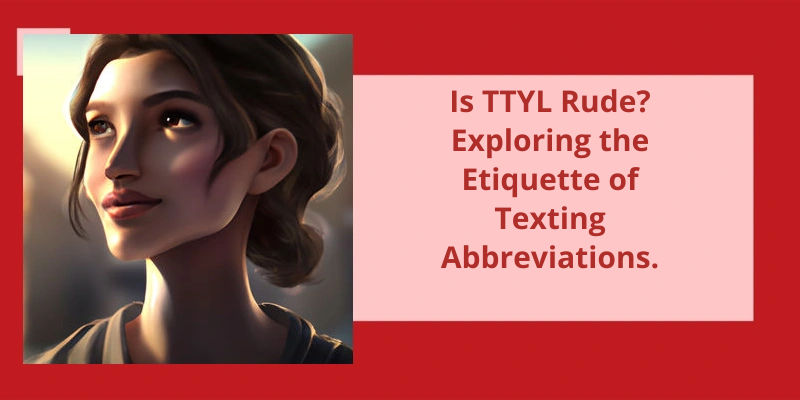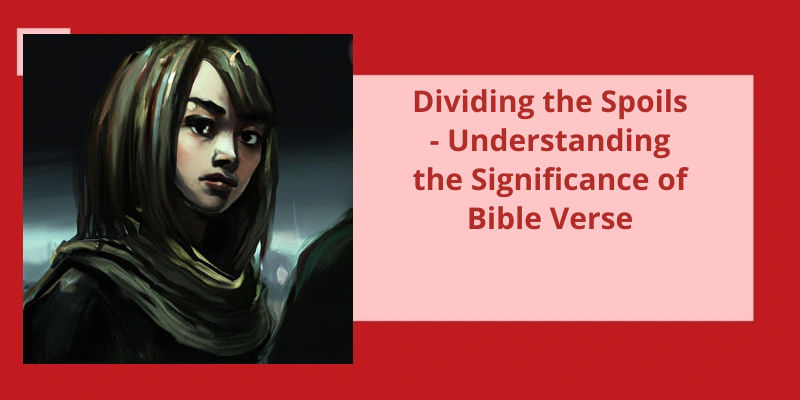It's no secret that text messaging has become a major form of communication in our modern world. With the ease and convenience of typing out a quick message on our phones, it's no wonder that so many of us rely on texting to keep in touch with friends, family members, and coworkers. But as with any kind of communication, there are certain rules and etiquette that should be followed to ensure that we come across as respectful and polite. One question that often comes up when it comes to texting is whether or not certain phrases and abbreviations are considered rude or inappropriate. One such phrase is "TTYL," which stands for "talk to you later." While some might argue that this phrase is rude or dismissive, the truth is that it's actually a pretty neutral statement that can be interpreted in a variety of ways depending on the context and relationship between the sender and recipient. So, whether you're wondering if it's okay to use "TTYL" in your own texts, or if you're confused about how to respond when someone else uses it, read on for a closer look at this common abbreviation and what it really means in the world of texting.
What Is the Form of Ttyl?
When it comes to online communication, abbreviations, acronyms and slang are commonly used. TTYL is a popular conversational shortcut that’s used in online conversations, texts, and emails. It’s widely used as an expression of farewell in online communication, indicating that the conversation will eventually continue at another time. While most people use this shorthand in everyday conversation online or through text messages, it’s still an acronym that’s shrouded in mystery for some.
One of the reasons for the popularity of TTYL is it’s simplicity – it’s easy to type and pronounce, making it an ideal option for quickly ending a chat. It’s also easily recognizable and can be adapted to other languages, cultures, and nations. It’s become a part of the vernacular, becoming a shorthand for messages between friends, family members, and colleagues.
The acronym is an essential part of the digital vocabulary, and it’s been adopted by people from all walks of life. The term is often used casually in online conversations and text messages, but it’s becoming more frequently used in business settings as well.
As with many acronyms and phrases, the exact origins of TTYL are somewhat mysterious. However, some linguistic historians have traced the roots of the phrase back to a popular goodbye expression in 1980s England: “ta ta, you all.” While it’s unclear how this expression evolved into TTYL as we know it today, it’s possible that the Americanized version of “talk to you later” eventually became more ubiquitous than the original phrase.
What Is the Origin of the Word TTYL?
Another theory about the origin of TTYL is that it comes from the world of telecommunications. In the early days of telephones, operators would use a system called “switching” to connect two parties on a call. The operator would signal the end of a conversation by typing TTYL, which stood for “talk to you later.”
Regardless of it’s exact origins, TTYL has become an incredibly common way to say goodbye in the digital age. It’s especially popular among younger generations, who’ve grown up with texting and other forms of online communication. TTYL has become so deeply ingrained in our lexicon that it’s even been used in popular culture. In the 2009 movie “Up in the Air,” for example, George Clooneys character famously tells his young protégé “TTYL” as he leaves on a business trip.
Perhaps one reason why TTYL has become so widely used is that it’s a quick and easy way to wrap up a conversation. In a world where were constantly bombarded with messages, emails, and notifications, being able to say goodbye succinctly is a valuable skill. TTYL allows us to communicate our desire to end a conversation without seeming rude or abrupt.
Variations of TTYL in Different Languages and Cultures.
This article discusses the different ways people say “TTYL” (talk to you later) in various languages and cultures around the world.
Source: What’s the origin of the acronym TTYL?..
Conclusion
In conclusion, the use of TTYL can be interpreted in various ways depending on the context and relationship between the individuals involved in the conversation. It isn’t inherently rude or polite, but rather a neutral statement that signals the end of a conversation. It’s essential to consider the nature of the relationship and the recipient's communication style before using TTYL. Additionally, if you’re unsure about the significance of TTYL in your conversation, it’s always best to clarify your intentions to avoid any potential misunderstandings. Ultimately, communication is about understanding and respecting each other's perspectives, and TTYL is just a small part of that conversation.






